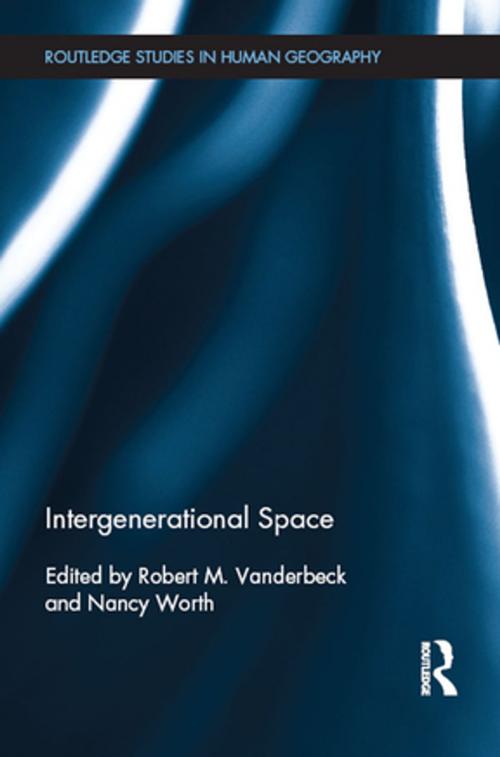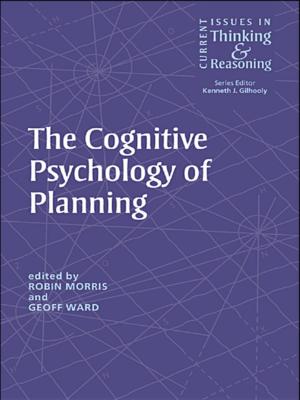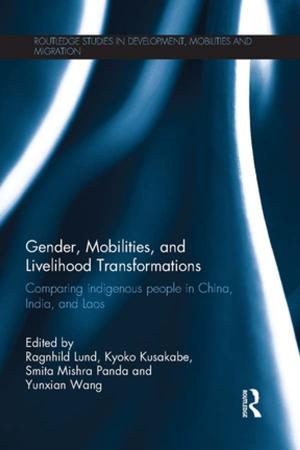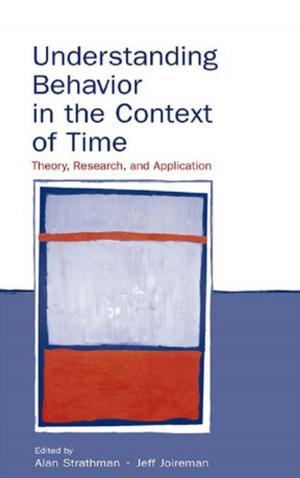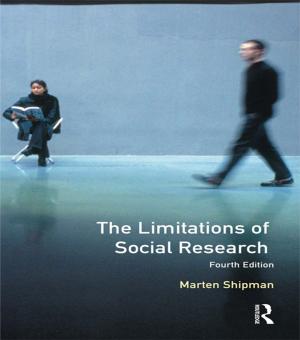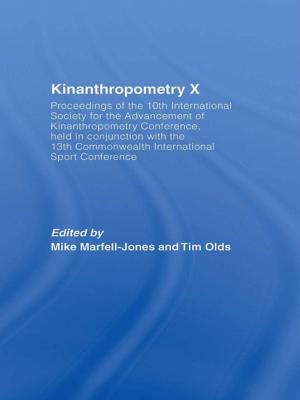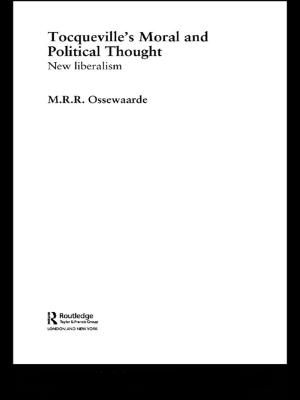Intergenerational Space
Nonfiction, Science & Nature, Science, Earth Sciences, Geography, Social & Cultural Studies, Social Science, Human Geography| Author: | Robert Vanderbeck, Nancy Worth | ISBN: | 9781135008185 |
| Publisher: | Taylor and Francis | Publication: | June 3, 2015 |
| Imprint: | Routledge | Language: | English |
| Author: | Robert Vanderbeck, Nancy Worth |
| ISBN: | 9781135008185 |
| Publisher: | Taylor and Francis |
| Publication: | June 3, 2015 |
| Imprint: | Routledge |
| Language: | English |
Intergenerational Space offers insight into the transforming relationships between younger and older members of contemporary societies. The chapter selection brings together scholars from around the world in order to address pressing questions both about the nature of contemporary generational divisions as well as the complex ways in which members of different generations are (and can be) involved in each other’s lives. These questions include: how do particular kinds of spaces and spatial arrangements (e.g. cities, neighbourhoods, institutions, leisure sites) facilitate and limit intergenerational contact and encounters? What processes and spaces influence the intergenerational negotiation and contestation of values, beliefs, and social memory, producing patterns of both continuity and change? And if generational separation and segregation are in fact significant social problems across a range of contexts—as a significant body of research and commentary attests—how can this be ameliorated? The chapters in this collection make original contributions to these debates drawing on original research from Belgium, China, Finland, Poland, Senegal, Singapore, Tanzania, Uganda, the United States and the United Kingdom.
.
Intergenerational Space offers insight into the transforming relationships between younger and older members of contemporary societies. The chapter selection brings together scholars from around the world in order to address pressing questions both about the nature of contemporary generational divisions as well as the complex ways in which members of different generations are (and can be) involved in each other’s lives. These questions include: how do particular kinds of spaces and spatial arrangements (e.g. cities, neighbourhoods, institutions, leisure sites) facilitate and limit intergenerational contact and encounters? What processes and spaces influence the intergenerational negotiation and contestation of values, beliefs, and social memory, producing patterns of both continuity and change? And if generational separation and segregation are in fact significant social problems across a range of contexts—as a significant body of research and commentary attests—how can this be ameliorated? The chapters in this collection make original contributions to these debates drawing on original research from Belgium, China, Finland, Poland, Senegal, Singapore, Tanzania, Uganda, the United States and the United Kingdom.
.
